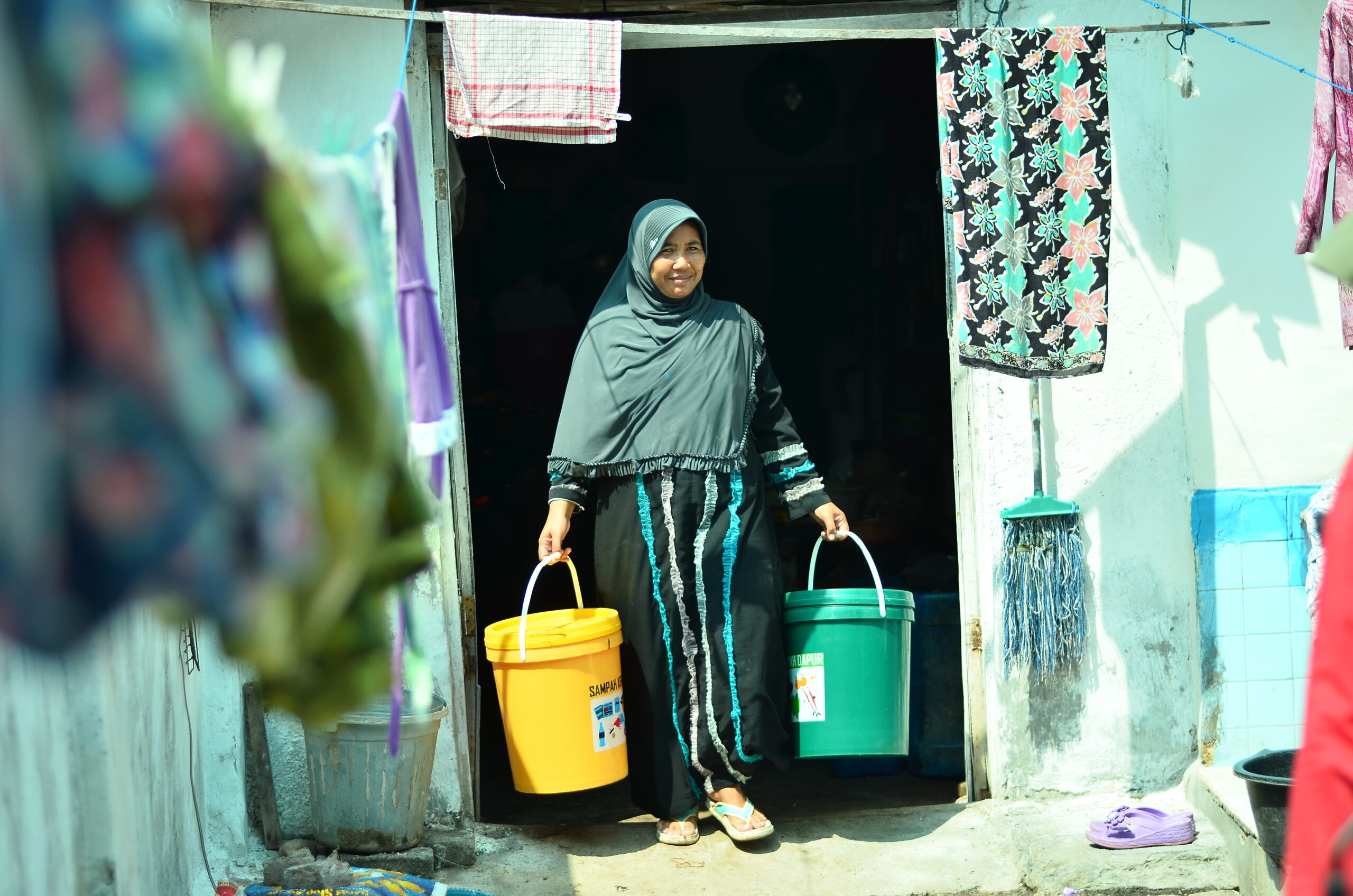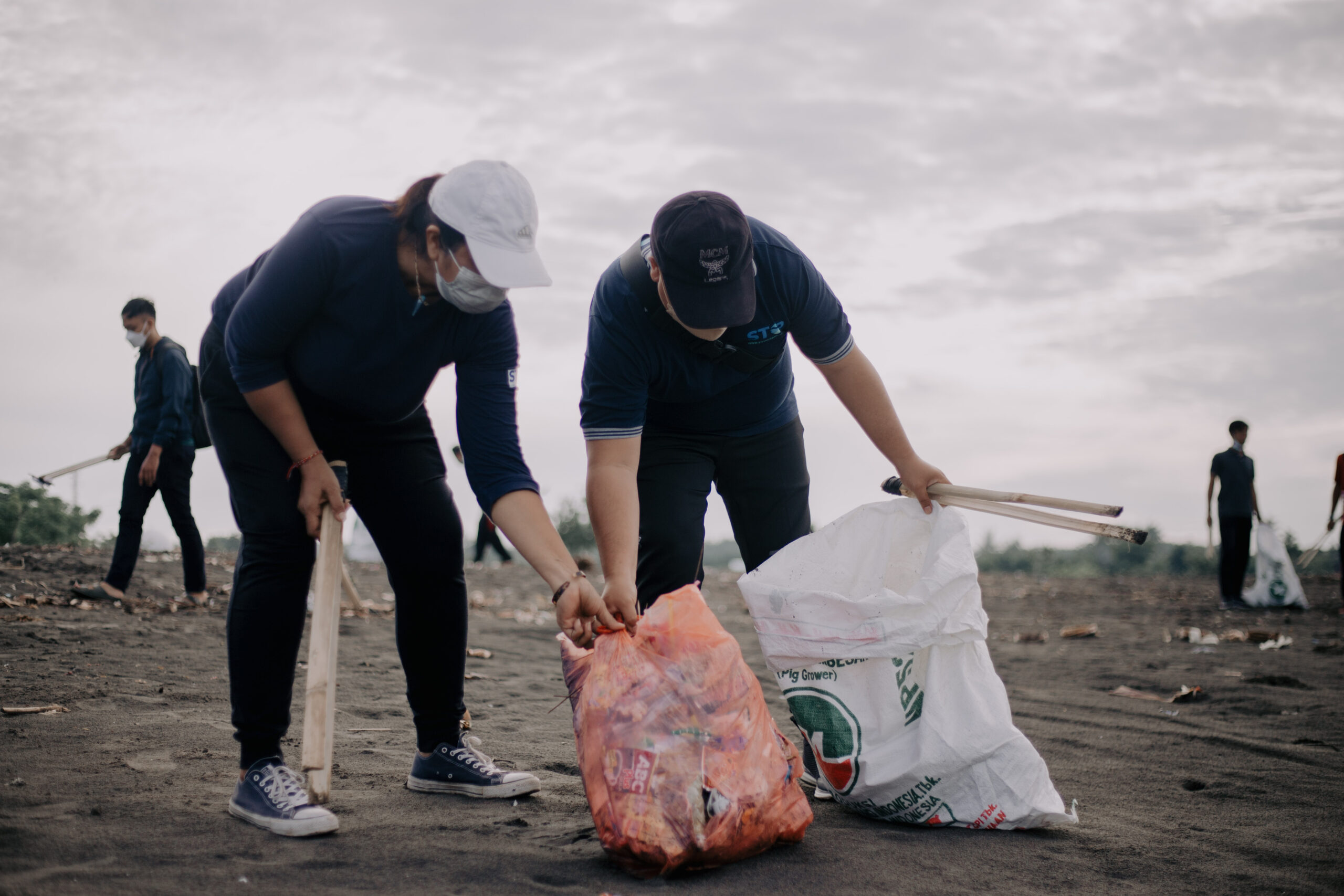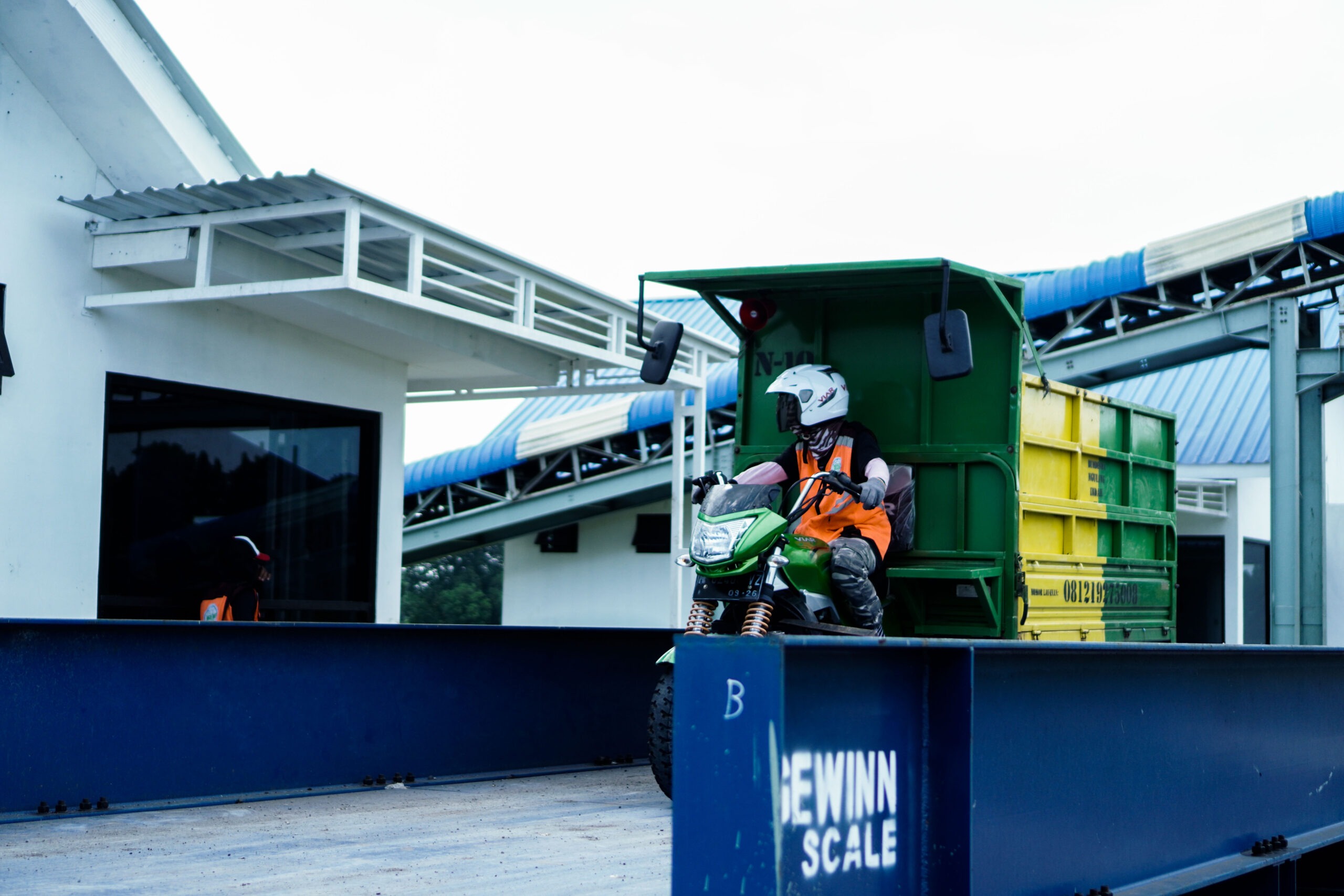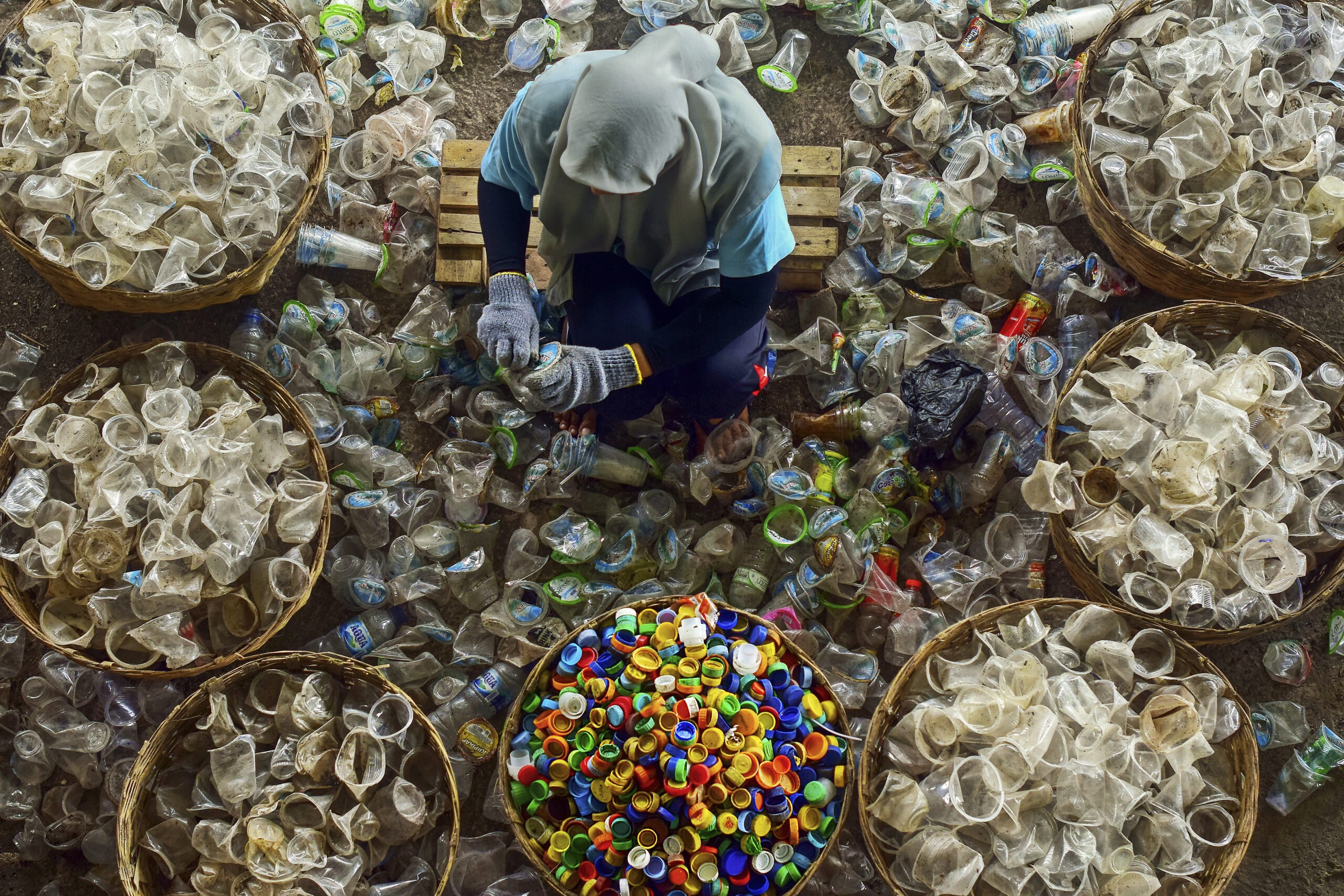Working with government and communities in three Indonesian cities, Project STOP has provided waste collection to more than 300,000 people and created over 300 full-time jobs.
Project STOP and its partners have reached a milestone in expanding affordable waste management and recycling solutions. Across three Indonesian cities, over 300,000 people now have access to waste management services – often for the first time in their lives.
The project was created in 2017 to help prevent plastic waste from entering the environment. It has since built five waste processing facilities and enabled the collection of more than 40,000 tons of waste, including more than 5,000 tons of plastics.
Project STOP: vision and progress
Project STOP is co-funded by Borealis and Systemiq, who share the same vision: to permanently stop waste leaking into the environment by supporting the establishment of low-cost waste management solutions. The key objectives include:
- reducing waste leakage into the environment by providing affordable, reliable and formal waste collection to all citizens;
- promoting resource efficiency and circularity that transform waste into feedstock for recycling;
- achieving economic sustainability; and
- benefiting communities by improving public health and creating permanent jobs in the waste and material sorting sectors.
The programme’s first city partnership started in 2017 in Muncar, a fishing community in Banyuwangi Regency, East Java. Active support from Project STOP for the Muncar waste management system ended in February 2022 and the local government authorities are continuing to operate the system successfully. The handover to community and local government in Pasuruan Regency, East Java, followed a year later. The project continues to operate in the Jembrana Regency in Bali, and has started its expansion into Banyuwangi, with the construction of a new material recovery facility.
© Project STOP. Beach clean-up in Jembrana. Waste collection in Pasuruan. Sorting plastic waste at the Pasuruan MRF.
The challenge of waste management
Scaling up waste management and recycling solutions is challenging in Indonesia because of the financing required to build and operate waste management systems, and the need for large-scale community behaviour changes and skills development amongst waste system operators. Organic waste and some types of plastic waste (particularly multi-layer plastics made from multiple types of plastics) have very low value for recycling or composting. So far, the project has achieved participation rates ranging from 50% to 87% depending on the location, and on average slightly more than 30% of non-organic recyclable materials are sent for recycling across all partner communities.
Project STOP: The road ahead
“In 2022, we materially increased households served and tons captured in our second and third Project STOP cities”, explained Jason Hale, Systemiq’s Director of Operations for Ocean Plastics Asia. “More importantly, we completed capacity building with our local partners in these cities, setting these programs on course for long-term sustainability and growth. Moreover, we created a strong foundation in the Banyuwangi Regency, from which we will grow our impacts at a larger scale, while building a roadmap for other Regencies to follow.”
“We welcome additional funders to support this planned expansion for 2023-26, and remain proud to deliver Project STOP in partnership with strong local and national government agencies, as well as our funders and advisors.”




